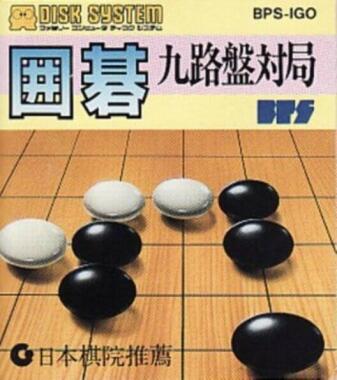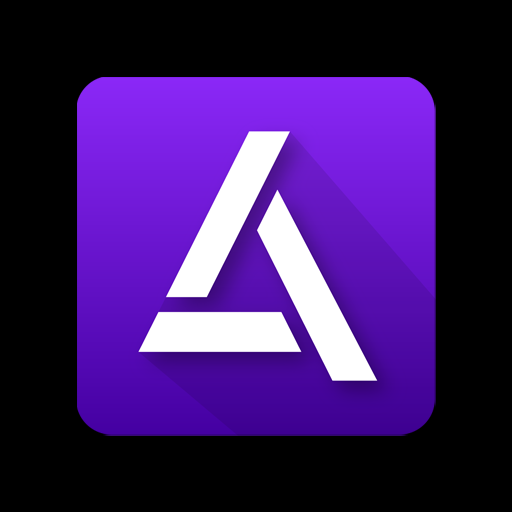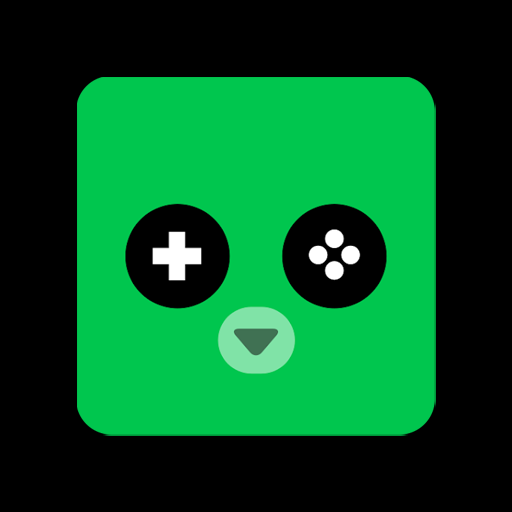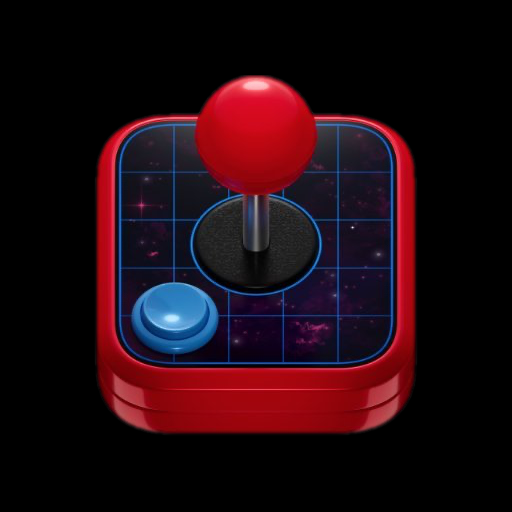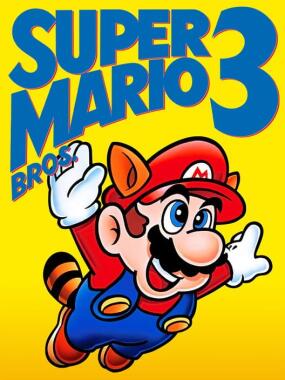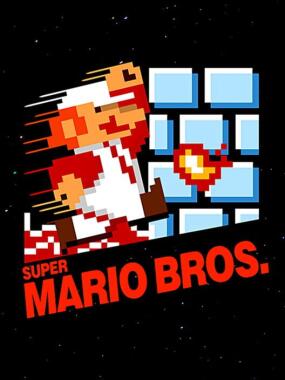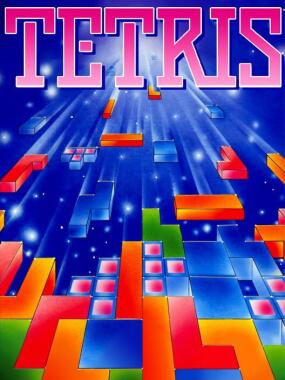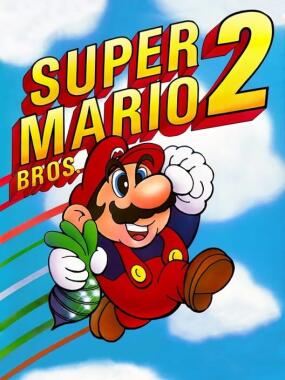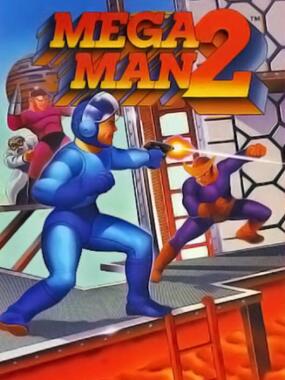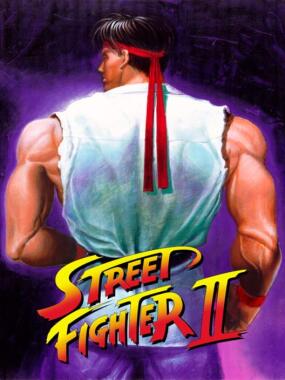Igo: Kyuu Roban Taikyoku 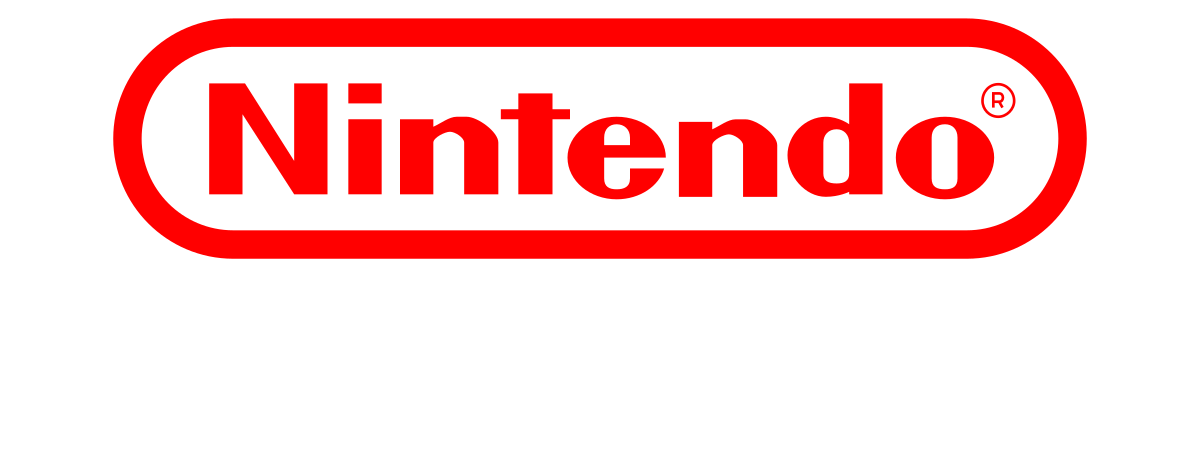
- ~
- Share
Igo: Kyuu Roban Taikyoku is a Go game released exclusively in Japan for the Famicom Disk System on August 11, 1987. Developed by Bullet-Proof Software, the title features a simplified 9x9 grid designed for beginners, distinguishing it from traditional 19x19 formats. The game is noted for incorporating elements from Edge Computing's C64 game Micro Go, enhancing its coding and gameplay experience.
Release Date
Apr 14, 1987
38 years ago
Similar Games
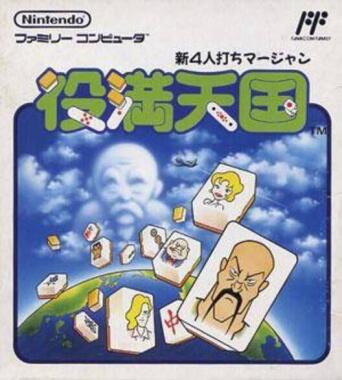 Shin 4 Nin Uchi Mahjong: Yakuman Tengoku
Shin 4 Nin Uchi Mahjong: Yakuman Tengoku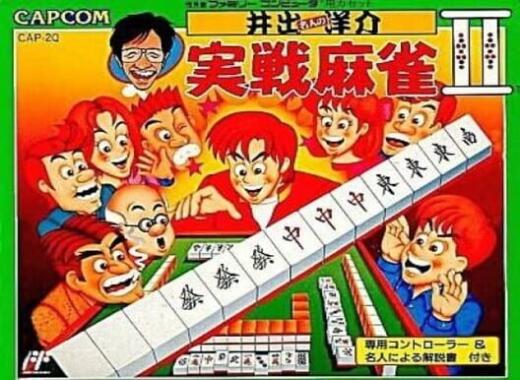 Ide Yousuke Meijin no Jissen Mahjong II
Ide Yousuke Meijin no Jissen Mahjong II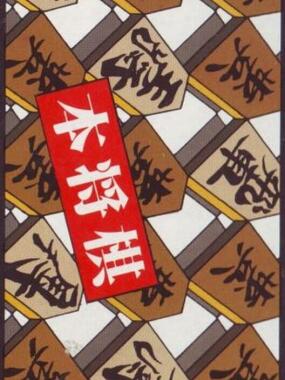 Hon Shogi: Naitou Kudan Shogi Hiden
Hon Shogi: Naitou Kudan Shogi Hiden Golf
Golf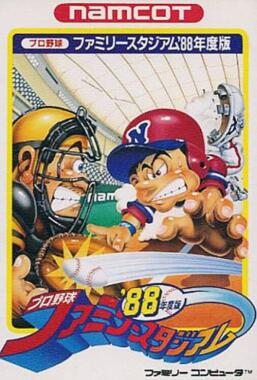 Pro Yakyuu: Family Stadium '88
Pro Yakyuu: Family Stadium '88 The Black Bass
The Black Bass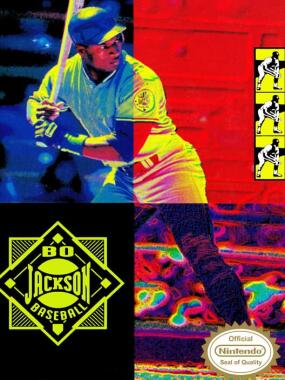 Bo Jackson Baseball
Bo Jackson Baseball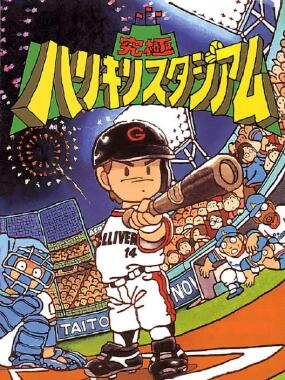 Kyuukyoku Harikiri Stadium
Kyuukyoku Harikiri Stadium
Popular Nintendo Entertainment System Games
NES Core Required
Igo: Kyuu Roban Taikyoku ROM
Download the Igo: Kyuu Roban Taikyoku ROM free and start playing in minutes on any top emulator—desktop, mobile, or web. Enjoy lightning-fast Igo: Kyuu Roban Taikyoku ROM downloads with full setup guides, cheats, and retro gaming tips so you can relive the classics today.
